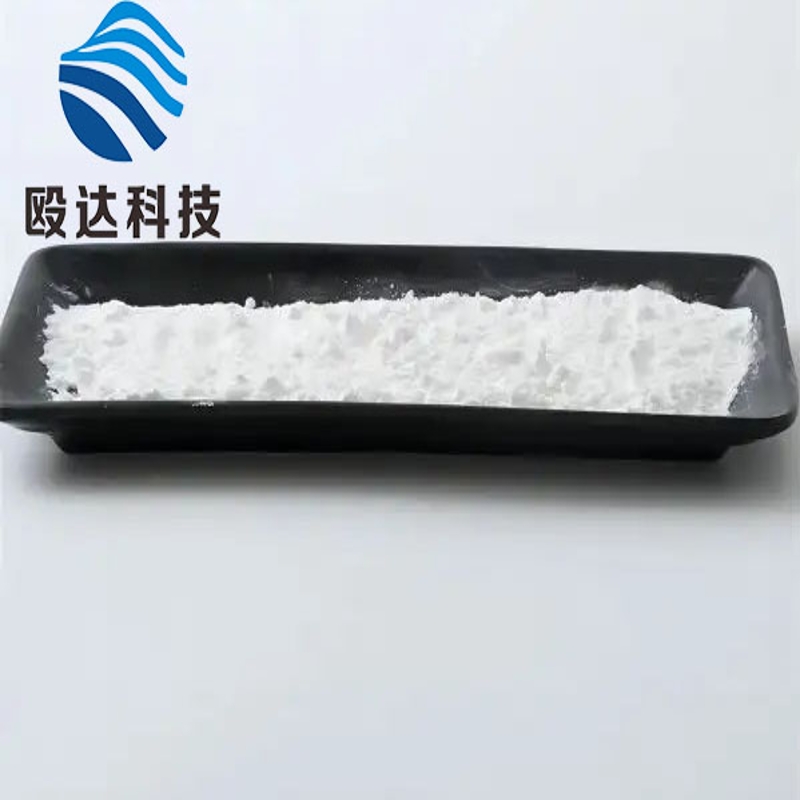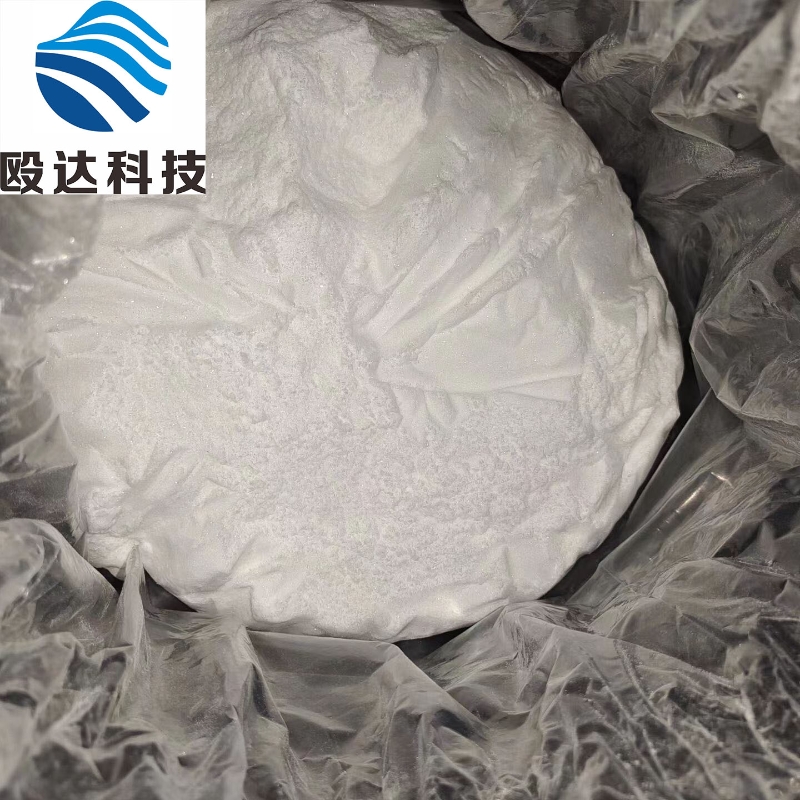-
Categories
-
Pharmaceutical Intermediates
-
Active Pharmaceutical Ingredients
-
Food Additives
- Industrial Coatings
- Agrochemicals
- Dyes and Pigments
- Surfactant
- Flavors and Fragrances
- Chemical Reagents
- Catalyst and Auxiliary
- Natural Products
- Inorganic Chemistry
-
Organic Chemistry
-
Biochemical Engineering
- Analytical Chemistry
- Cosmetic Ingredient
-
Pharmaceutical Intermediates
Promotion
ECHEMI Mall
Wholesale
Weekly Price
Exhibition
News
-
Trade Service
January 17, 2021 // ---- Pneumonia-causing bacteria or viruses, such as influenza viruses, can spread widely in the lungs in a matter of hours.
in modern intensive care units (ICUs), these bacteria or viruses are usually controlled by antibiotics or the body's immune system within the first few days of illness.
, but in a new study, researchers from Northwestern University School of Medicine in the United States found that neo crown pneumonia (COVID-19) is different.
results were published online January 11, 2021 in the journal Nature, under the title "Circuits between infected macrophages and T cells in SARS-CoV-2 pneumonia".
a transmission mirror image of SARS-CoV-2 (previously known as 2019-nCoV), pictured from NIAID RML.
SARS-CoV-2, which causes COVID-19, is not a large area that rapidly infects the lungs, but is camped in several small areas of the lungs.
then, it hijacks the lungs' own immune cells and uses them to spread through the lungs over a period of days or even weeks, like many wildfires that have spread through the forest.
as the infection moves slowly through the lungs, it leaves damage and continues to contribute to fever, low blood pressure and damage to the kidneys, brain, heart and other organs in patients with COVID-19.
the authors say that serious complications of COVID-19 may be associated with longer courses rather than more severe illnesses than other pneumonias.
this is the first time scientists have systematically analyzed immune cells in the lungs of patients with COVID-19 and compared them to immune cells in the lungs of patients with pneumonia caused by other viruses or bacteria.
found that the new COVID-19 therapeutic targets were analyzed in detail, and the authors identified key targets for treating severe COVID-19 and mitigating its damage.
these targets are immune cells: macrophages and T-cells.
study shows that macrophages ---immune cells that are usually responsible for protecting the lungs--- can be infected with SARS-CoV-2 and can promote the spread of infection in the lungs.
Northwestern University School of Medicine will test an experimental drug targeting these targets to treat COVID-19 patients in a clinical trial in early 2021.
the drug to be tested inhibits the inflammatory response of these immune cells, allowing the repair process to start in the damaged lungs.
"Our goal is to make COVID-19 mild rather than severe, making it comparable to a severe cold," said Dr. Scott Budinger, co-author of the paper and director of lung and critical medicine at Northwestern University School of Medicine.
, co-author of the paper and a professor at Northwestern University School of Medicine, said, "This effort truly represents the 'moon landing plan' in the COVID-19 study."
"COVID-19 is unlikely to disappear completely, said Dr. Benjamin D. Singer, co-author of the paper and an assistant professor of lung and intensive care medicine at Northwestern University School of Medicine.
Northwestern University and elsewhere are already predicting that this rapidly mutating RNA virus will evade the mechanisms of existing vaccines," Singer said.
this study will help us develop treatments to reduce the severity of COVID-19 patients.
study of COVID-19 patients who used a ventilator had a lower mortality rate than those who used a ventilator because of COVID-19 also revealed why the mortality rate for patients using a ventilator due to COVID-19 was lower than that of patients who used a ventilator for common pneumonia.
common pneumonia, severe pneumonia of the lungs can lead to a higher risk of death.
patients with COVID-19 get sick for a long time, but the inflammation in their lungs is not as severe as common pneumonia.
if COVID-19 patients are carefully managed and the health care system is not overwhelmed, you can get them through," said Budinger, a health care provider.
these patients are very ill.
it will take them a long time to get better.
but if you have enough beds and a health care provider, you can limit the mortality rate to 20%.
when the health care system is overwhelmed, the mortality rate doubles to up to 40 percent. in the
study, the authors performed a high-resolution analysis of the lung fluids of 86 patients with COVID-19 who used a ventilator and compared it with 256 patients with other types of pneumonia who used a ventilator.
few research groups around the world have analyzed the immune response to the lungs of PATIENT-19 patients because of safety concerns.
, important information about what killed patients with severe COVID-19 was left out.
study, which has been conducted by Scientists at Northwestern University for years, is unique because Wunderink and his colleagues had been studying pneumonia for years before the COVID-19 pandemic.
therefore, when the COVID-19 pandemic hit, they prepared to collect fluids from the lungs of these patients in a safe and systematic manner and compare them with the lung fluids of other ICU pneumonia patients collected before the pandemic.
this research infrastructure allows them to prove that pneumonia in COVID-19 patients is different from other pneumoniaes and, more importantly, how different it is.
the authors extracted immune cells from the patient's lung fluid and looked at the RNA and proteins expressed by the immune cells, allowing them to determine how these immune cells drive inflammation.
, co-author of the paper and an assistant professor of lung and intensive care medicine at Northwestern University School of Medicine, said, "This level of resolution can never be achieved without direct extraction of lung fluid."
complexity of the study required the joint efforts of more than 100 researchers, and samples from patients were analyzed using state-of-the-art technology from Northwestern University's state-of-the-art research laboratory.
(Bioon.com) :1. Rogan A. Grant et al. Circuits between infected macrophages and T cells in SARS-CoV-2 pneumonia. Nature, 2021, doi:10.1038/s41586-020-03148-w.2.Why COVID-19 pneumonia lasts longer, causes more damage than typical pneumonia







